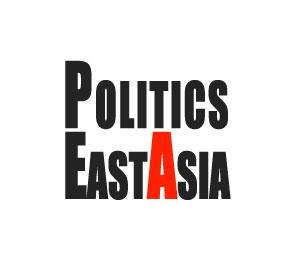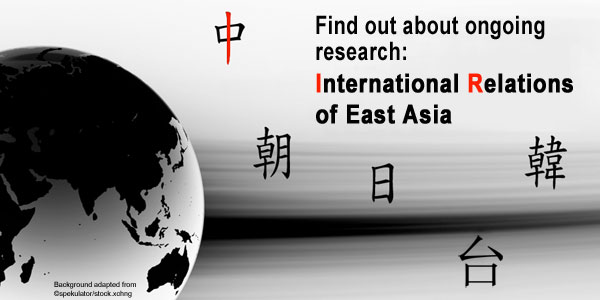Introduction to the IR of East Asia
Throughout much of the 20th century, international relations scholars have viewed the East Asian region through the lens of established IR theories: either as another theater for the realist politics that characterized the Cold War, or as an example of how economic development would lead to inter-dependencies between democratizing states. Yet with the end of the Cold War, and in the wake of the Asian Financial Crisis, the War on Terror, and the increasing relevance of the People’s Republic of China in the world, the traditional frameworks for making sense of international politics have come under pressure to demonstrate their relevance in the East Asian context.
This challenge has not only come from post-modern scholars in the English-speaking world, who have been drawing from diverse schools of thought such as post-structuralist theories, post-colonial approaches, or feminist thought. The challenge is increasingly coming from scholars in the East Asian region, who are trying to explain the regional dynamics on their own terms, rather than applying concepts that they feel reflect American or European concerns.
PoliticsEastAsia.com takes a closer look at such attempts to rethink international relations in East Asia. By discussing the thoughts of so-called “non-western” IR theorists and political philosophers, and confronting their arguments with empirical evidence from regional and international politics, PoliticsEastAsia.com explores how we can make sense of the complex, dynamic interactions that characterize international relations today. This not only means re-examining the received wisdom of traditional schools of thought, but also taking stock of how political interactions actually work – in 21st century East Asia as much as elsewhere What role do non-traditional political actors like cities, corporations, issue networks, or private citizens play in shaping regional politics? How do worldviews, belief-systems, norms, and habits influence international relations processes, and how are they in turn created, changed, or entrenched by those processes?
The blog-posts, interviews, and discussions in this section will explore these exciting new questions, and will offer ideas on how to answer them within existing and novel frameworks of analysis.


